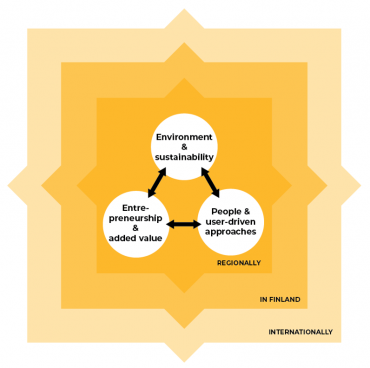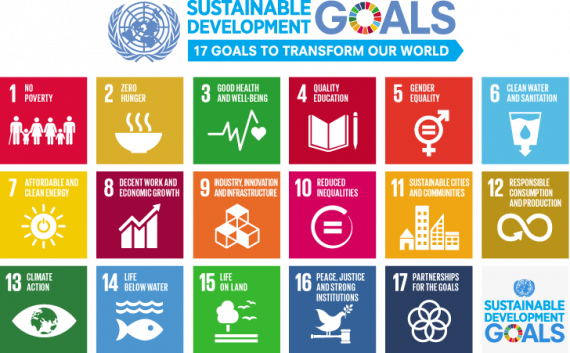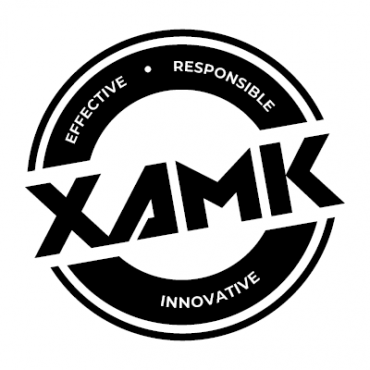Timo Aro, who, as a consultant with Finnish state-owned research agency VTT, studied and reported on Xamk’s significance for its regions, has stated that it has a strong impact on population development, the availability of skilled workforce, the renewal of economic structures, the increase in education levels, and entrepreneurship. “If Xamk didn’t exist, it would need to be invented,” he said.
While the University of Applied Science has a clear mandate to make a regional impact, increasingly, it affects nationally and internationally as well. For example, Xamk’s Fiber and Process Engineering Laboratory – one of the University of Applied Science’s eleven research units – has been conducting ground-breaking material research in collaboration with national and international partners ranging from UPM and Stora Enso to H&M and Adidas.
With funding from the European Horizon 2020 research and innovation programme, the New Cotton Project sports a consortium of 12 participants across the textile industry production value chain to demonstrate that creating new clothing from regenerated cotton textile waste is commercially viable and it can be done today.
Xamk’s FiberLab has conducted applied research to pilot and scale pre-treatments of collected cotton to remove impurities, particularly non-cellulosic materials like polyester before it is further processed and re-used. In the autumn of 2022, both Adidas and H&M unveiled clothing designed and produced within the project.
The other participants are Infinited Fiber Company, Frankenhuis, Inovafil, Tekstina, Kipas, REvolve Waster, RISE, Aalto University, and Fashion for Good. The New Cotton Project is EU-funded (CE-FNR-14-2020 – Innovative Textiles – Reinventing Fashion).



